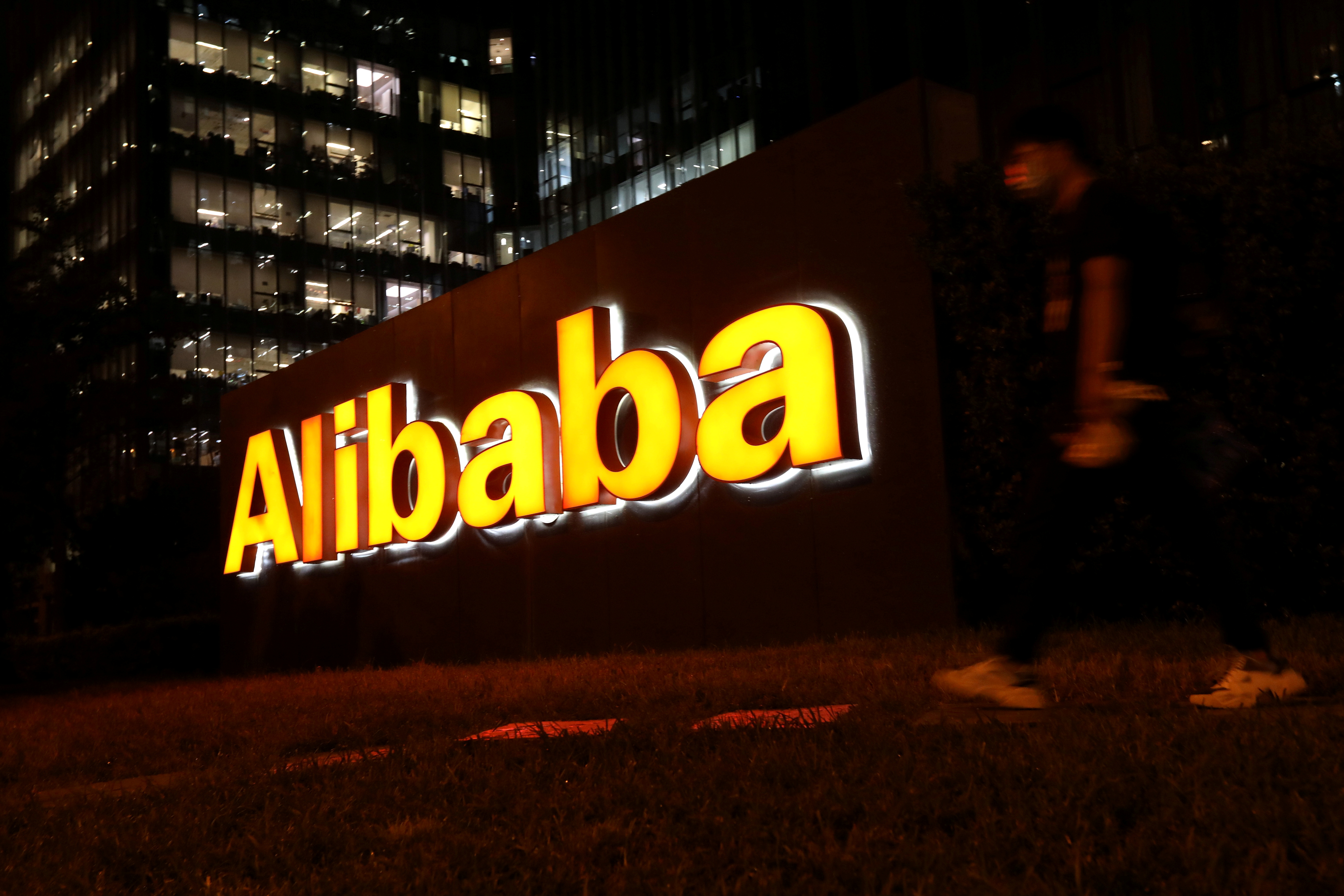/cloudfront-us-east-2.images.arcpublishing.com/reuters/WQJJ5JUJBJK7VLKUGWXL7QN7NM.jpg)

A man walks past the Alibaba Group logo at its office building in Beijing, China, August 9, 2021. REUTERS/Tingshu Wang Obtaining licensing rights
SHANGHAI (Reuters) – Alibaba Group’s new CEO, Eddie Wu, told employees that the tech giant’s main strategic focus in the future will be “user first” and “relying on artificial intelligence,” according to an internal message reviewed by Reuters.
Wu, who sent the letter on Tuesday, his third day in the top job, said Alibaba will also focus on promoting young employees, especially those born after 1985, to form the core of business management teams within the next four years.
This would help maintain a “startup mentality” and prevent the company from “stumbling into our old ways,” he said.
The new CEO, a co-founder of Alibaba Group and former President Jack Ma’s longtime lieutenant, lays out his strategic priorities at an important moment for Alibaba, which is undergoing the largest organizational restructuring in its 24-year history.
Late Sunday, Alibaba also announced that Wu will concurrently serve as CEO of its cloud computing unit, replacing Daniel Zhang.
The news came as a surprise to many, as Zhang said in June that he would step down as CEO of Alibaba Group to focus on its cloud division, which is aiming for an IPO by May 2024.
Cloud Intelligence Group, valued at between $41 billion and $60 billion this year, is among five units Alibaba is spinning off as part of its restructuring.
The cloud unit is Alibaba’s second-largest source of revenue after domestic e-commerce and houses the group’s generative AI model, Tongyi Qianwen.
“Over the next decade, the most significant change agent will be the disruption brought by artificial intelligence across all sectors,” Wu said in the letter.
“If we don’t keep pace with the changes of the AI era, we will be displaced.”
Alibaba beat analysts’ expectations in its first-quarter earnings report last month, but its recovery from a two-year regulatory crackdown has been complicated by the dual challenges of rising competition and a slowing Chinese economy.
Economic headwinds have helped push more domestic e-commerce consumers to lower-cost platforms, such as PDD Holdings’ (PDD.O) Pinduoduo and ByteDance’s Douyin, China’s version of TikTok, pushing Alibaba’s domestic e-commerce arm to focus on value for money. Slices.
The cloud unit posted revenue growth of 4% during the quarter, the smallest among the group’s six business units, but analysts estimate it is the largest cloud services provider in China with a 34% market share, ahead of Huawei Technologies. [RIC:RIC:HWT.UL]Tencent Holdings (0700.HK) and Baidu (9888.HK).
Casey Hall reports; Edited by Gerry Doyle and Stephen Coates
Our standards: Thomson Reuters Trust Principles.

“Web maven. Infuriatingly humble beer geek. Bacon fanatic. Typical creator. Music expert.”





More Stories
Dow Jones Futures: Microsoft, MetaEngs Outperform; Robinhood Dives, Cryptocurrency Plays Slip
Strategist explains why investors should buy Mag 7 ‘now’
Everyone gave Reddit an upvote